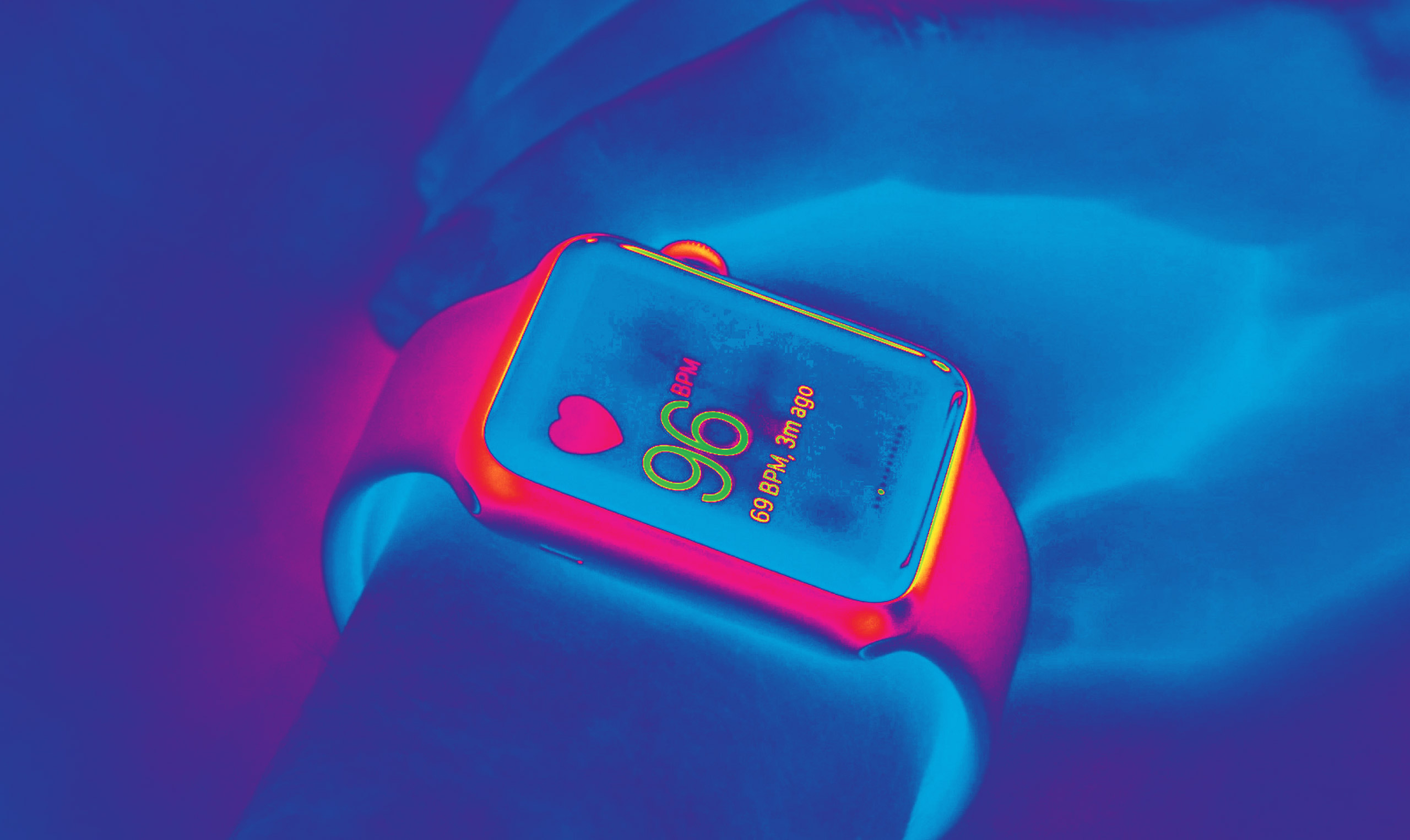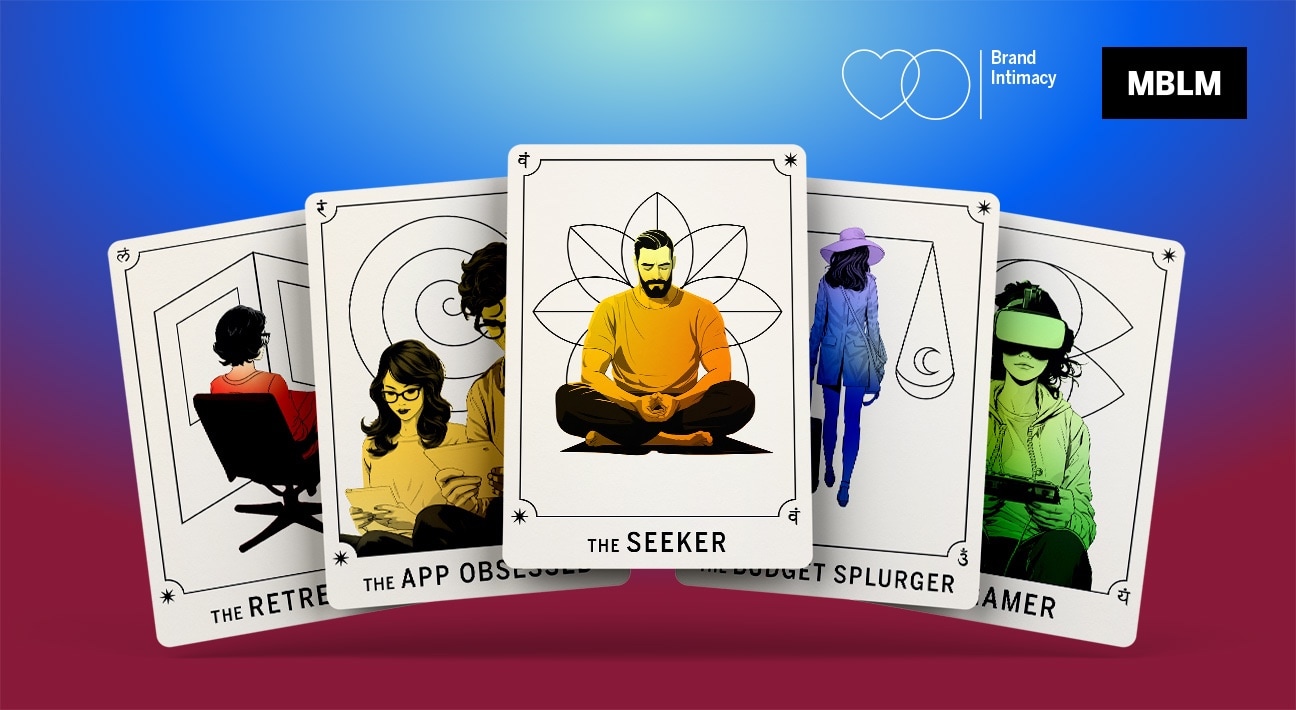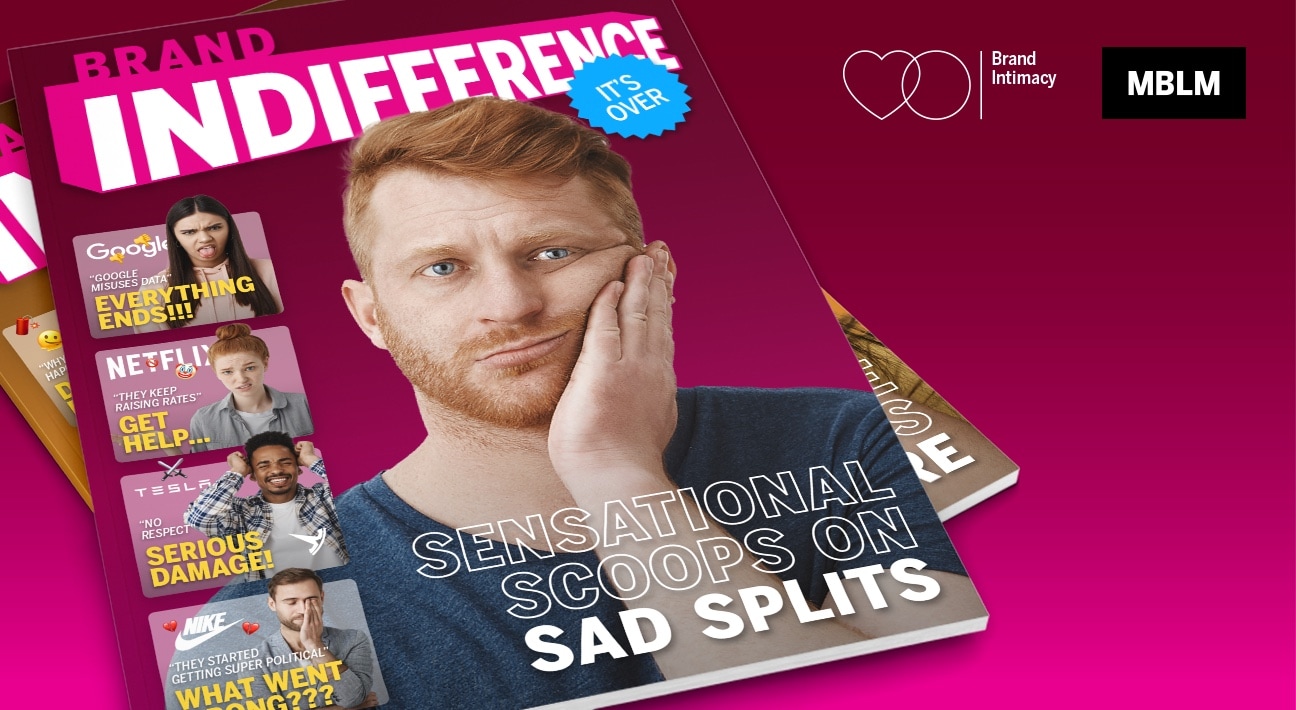MBLM’s One-Month, In-Depth Study of Apple Watch Users Reveals that Millennials Express Dissatisfaction and Guilt

MBLM, the Brand Intimacy Agency focused on strategy, design, creative and technology, has released the second set of findings from its four-part Ethnography Study focused on users of Apple Watch. A key finding within the one-month study, which follows MBLM’s weeklong study, finds that millennials (18 to 34 years old) are dissatisfied with the watch. They claim that after using the watch for 30 days, the thrill of the watch has dissipated for them and the watch has started to feel like a weak extension of their iPhone.
Furthermore, millennials in the study also report a curious guilt over owning, wearing and using the watch. Some find the watch frivolous, unessential and an ostentatious symbol of wealth. Mario Natarelli, Managing Partner at MBLM, explains why millennials are the only group in the study to have these feelings, “Millennials are the most intimate with their phones as their primary device. They have high expectations and low patience with technology, and many missed the issues related to the earliest iPhones. Their friends are not yet using the watch and apps are limited which impacts social interaction, an important factor for millennials.”
Here are a few other insights from this report, which can be found on MBLM’s website:
- The Watch Gets Personal: Respondents are now personalizing and customizing their Apple Watches, from the face to the text replies. One person flipped the settings and named it. Many of the respondents talk to their or back at their watches. “I can’t stand up now,” “Stop telling me that,” etc.
- More Utility, Less Fashion: For some the watch not only replaces the phone, but also is an improvement. It offers practical solutions that tangibly help people. “It’s easier to use my watch than my phone at work. I’m on a showroom, so it’s less distracting, but keeps me connected.”
- The Watch is Dead. Long Live the Watch: Apple Watch has replaced their users’ timepieces. People feel the more time they put into their watch, the more they get out of it.
The study conducted extensive interviews with 11 people, ages 13 to 65 years, and had respondents participate in a diary, where they answered a series of questions and were also filmed using their watches and discussing the experiences. The findings comprise 850 open-ended responses and 40 hours of video footage. In this one of a kind ongoing study, MBLM will continue to track the same group’s use of the watch and release findings after 6 months and one year.
Natarelli adds, “The Apple Watch is a very subtle and profound new device and is breaking new ground in the interplay between people, brands and technology. As an agency that focuses on brand intimacy, we think this study is a unique opportunity to understand how bonds (or a lack of them) are forming. The ethnographic approach allows us to go in-depth and track progress over a extended period of time to uncover nuanced and evolving insights.”

